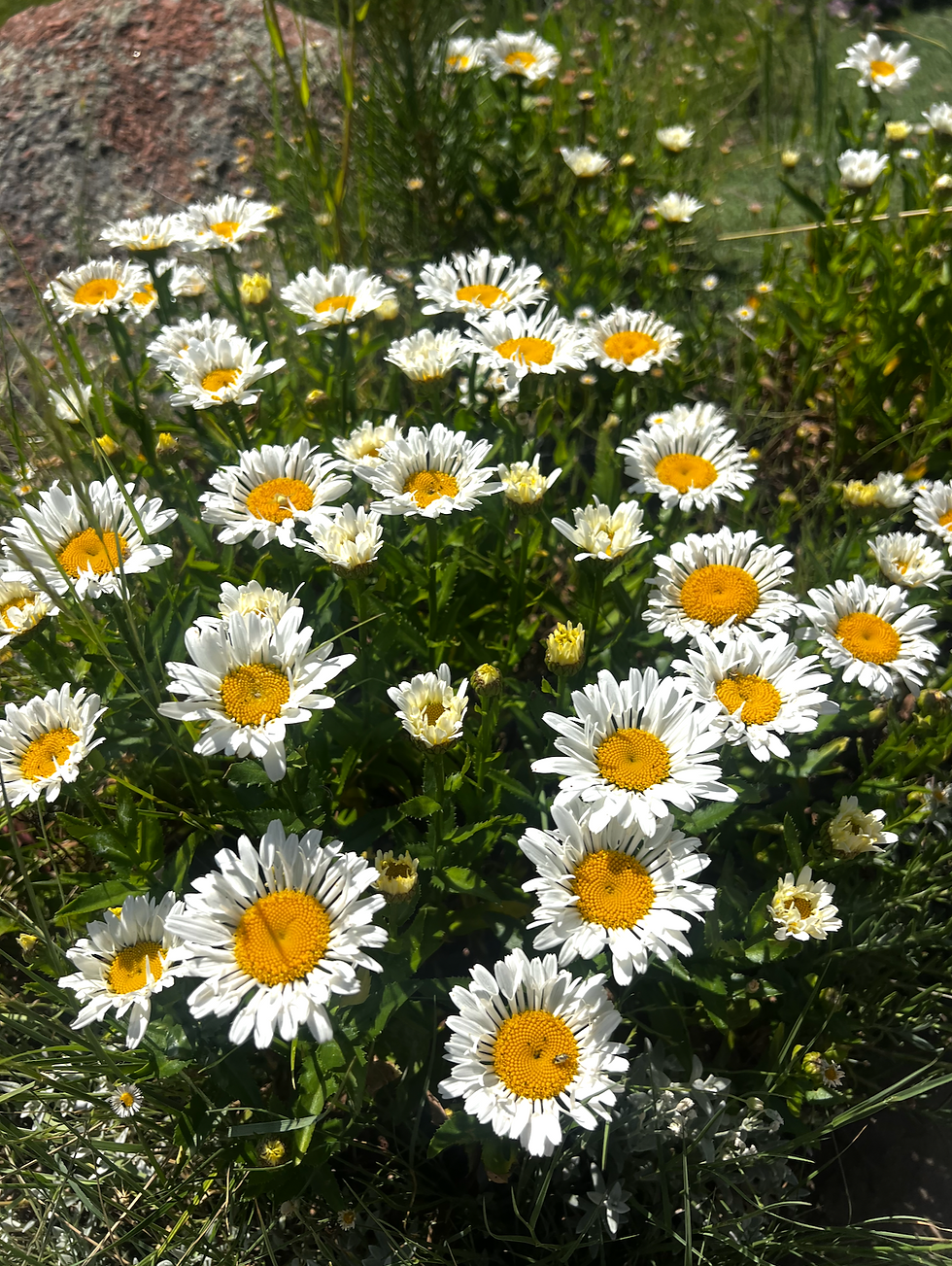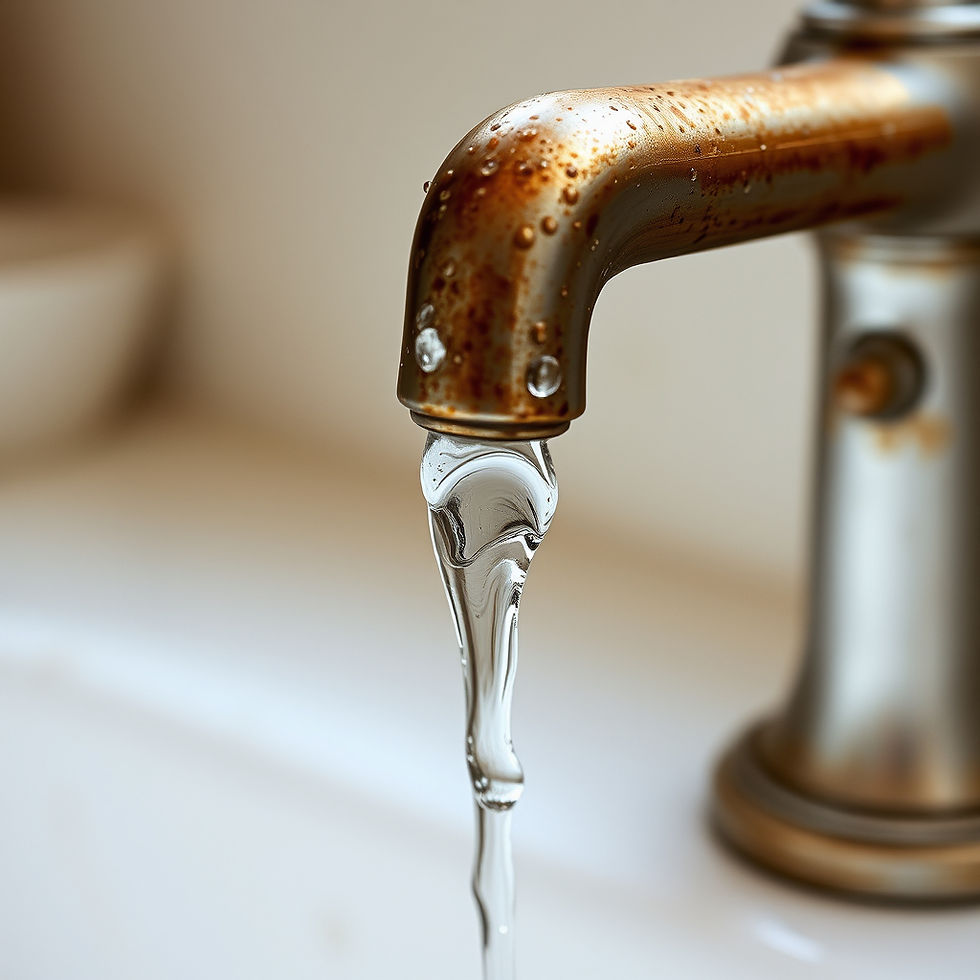Where there's smoke, there's fire
- lisakistner
- Jul 11, 2025
- 2 min read
Yesterday, we had a big weather change at our house in the hills above Boulder. After days of near 100 degree highs, a huge wind came through from the west, bringing with it the cloud cover we wanted, the dry lightning storms we feared, and the smoke. Living in this urban-wildland corridor, we fear the smoke. We pop on the Watch Duty app to see if there are any new fires near us. We listen to the Sheriff’s radio online to see if there is any chatter. We check our neighborhood online social media for someone’s report. All we hear is about how everyone smells the smoke and wonders the same thing. In Colorado, it is a typical summer routine. We soon figure out that although there was a newly sparked blaze, the mass of bad quality air actually came from a huge fire in Nevada. There is a sense of relief that it isn’t us this time. And we go about our day.
But, should we? Why am I relieved and okay that the air quality is bad enough to send us looking for a source just because we aren’t about to actively go up in flames? As they say: where there is smoke, there is fire. In this case, the “fire” is how this affects our health. Today, as that smoke from yesterday settles in and the heat of today adds industrialized pollutants to our air, we are at an air quality index of Moderate (AQI of 97) in the City of Boulder. Boulder is not more polluting than other places. It happens to be in a valley, so the bad air gets stuck there during some weather patterns. Because of this, the city sits in hazy air. When you are there, you might not notice it, but seeing it from about 1500 feet above, as my house, you can see the haze (photo from my house looking toward the Boulder Valley).
What does poor air quality do? Shortness of breath, asthma attacks, eye and nose irritation are common especially in those with preexisting conditions. Long term effects of exposure to poor air quality can lead to higher incidence of cardiovascular disease, stroke, and lung cancer. Bad air is a stressor for our bodies.
So, what can you do? Get the data first—check out www.airnow.gov (see my screenshot of today’s levels) to see how your air quality is today. If it is not good, monitor how you feel. Limit your time outdoors. Check on your children or elderly loved ones. Keep your windows closed and make sure you have a good filtration system—either through your AC unit or in your home. I’ll talk more about specific filtration tactics later. But, paying attention to air quality is the first step in knowing what to do next. Hope this helps you breathe easier!











Comments